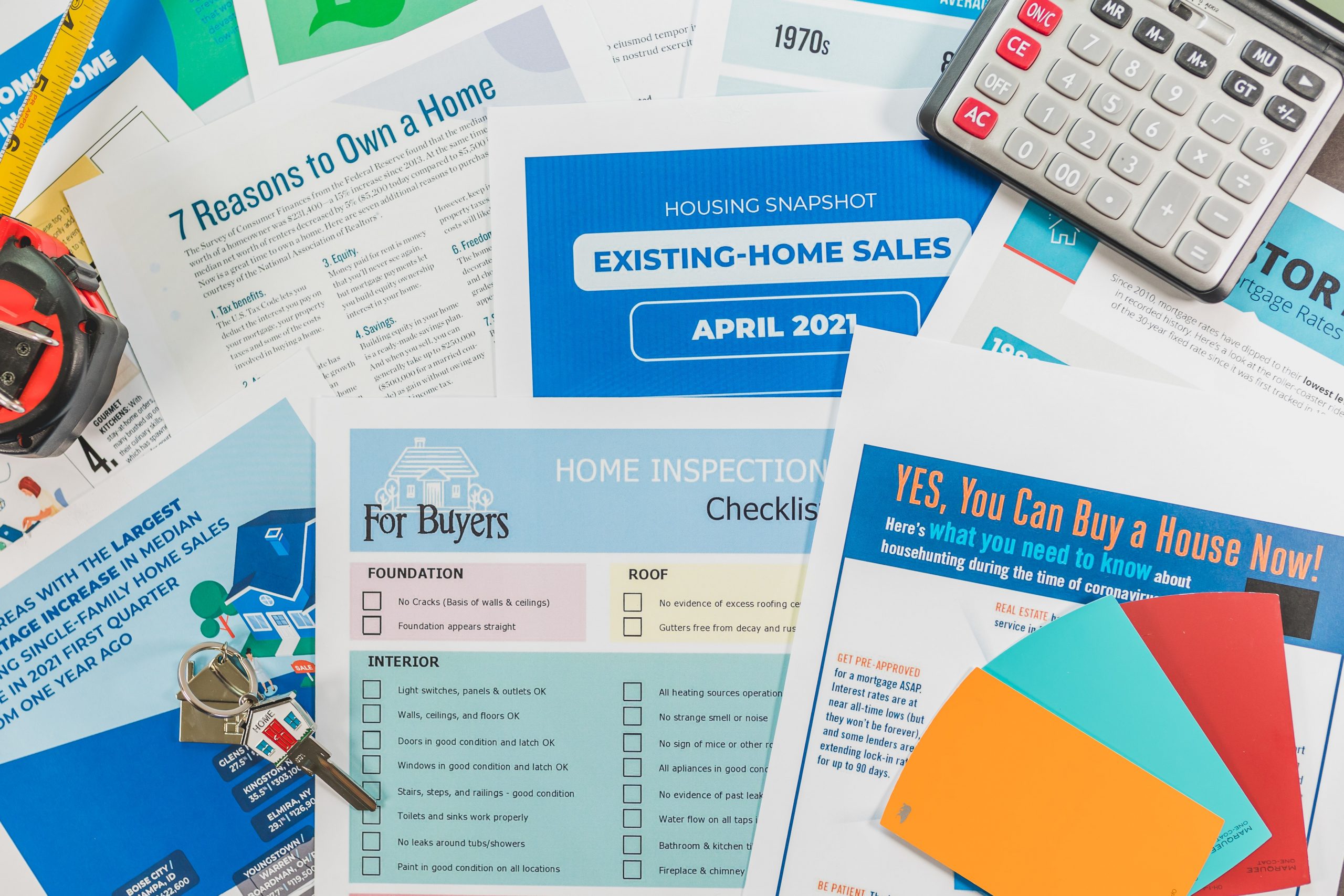Your credit before buying a house. You can take concrete actions to improve your credit score if you need to get approved for a loan but your score isn’t high enough.
For assistance with credit rehabilitation, it is advised to speak with a specialist.
Pay off collections accounts
Finding whatever debt you still owe and making payments on it until it is paid in full is one of the best strategies to raise your credit score. This is advantageous for a number of reasons. First of all, if your total debt obligations decrease, you will have more room to borrow money and will therefore appear less hazardous to your lender. Second, it raises your credit utilization ratio, or the ratio of your spending to your available credit. This ratio is used by lenders to assess whether you are a hazardous or safe borrower. It’s best to use your card as little as possible.
Simply divide the amount you owe on your card by the available credit to determine your credit usage. Your credit utilization ratio, for instance, would be 20% if you normally charge $2,000 per month on your credit card and divide it by your $10,000 maximum credit line.
Have consistent payment history
How consistently you can make your payments to your creditors has a significant role in how a lender will assess your credit. Not simply auto loans or mortgages are included in this; electricity and cell phone bills are also important.
Be aware of your credit utilization
As you work to establish credit, you should restrain the impulse to apply for more cards because this causes a hard inquiry on your credit report. A high number of hard inquiries can harm your credit score.

Other things lenders take into consideration
Debt-To-Income Ratio
The percentage of your gross monthly income that is used to pay down debt is known as your Debt-to-income ratio, or DTI. Again, having less debt in relation to your income lowers your risk to the lender, allowing you to borrow more on your mortgage without incurring additional risk.
Divide your monthly salary by the total amount of recurrent debt you have (such as credit card, student loan, and car payments). For example..
If your monthly debt payment is $1,000 and your monthly income is $3,000, your debt-to-income ratio (DTI) is $1,000/$3,000 = 0.33, or 33%.
Aim for a DTI of 50% or less because the lower your DTI, the greater your chances are of receiving a reduced interest rate.
Loan-To-Value Ratio
Lenders evaluate their risk in lending to you using the loan-to-value ratio (LTV). It is calculated by dividing the loan amount by the cost of the home. Let’s say, for illustration purposes, that you spend $150,000 on a house and borrow $120,000 for a mortgage. LTV for you would be 80%. Your LTV decreases when you repay more of your loan. Since your loan will likely pay the majority of the cost of the home, a higher LTV poses a greater risk to your lender.
Your LTV will drop as your down payment rises. Using the previous example, if you put down $40,000 ($10,000 more than before), you may obtain a mortgage for $110,000 instead, bringing your LTV down to 0.73, or 73%.
It is optimal if your ratio is 80% or below. Varying lenders allow different LTV values. You could have to pay for mortgage insurance if your LTV is higher than 80%. Remember that this changes depending on the sort of loan you have, and some loans, like VA loans, can let you finance the entire cost of the house without paying mortgage insurance.
Assets and income
Your lender wants to make sure you keep a steady income. Lenders frequently need two years’ worth of income and asset documentation. Your suggested interest rate may vary depending on how consistently your income is generated.
In other words…
Depending on the sort of loan you’re asking for, a different credit score is needed to buy a home. However, getting a fantastic mortgage loan will be simpler the higher your credit score is. The secret is to monitor your score and frequently check your credit record.
Are you prepared to make offers on houses? Find more about mortgage preapprovals and how they can make it easier for you to buy the house of your dreams.




